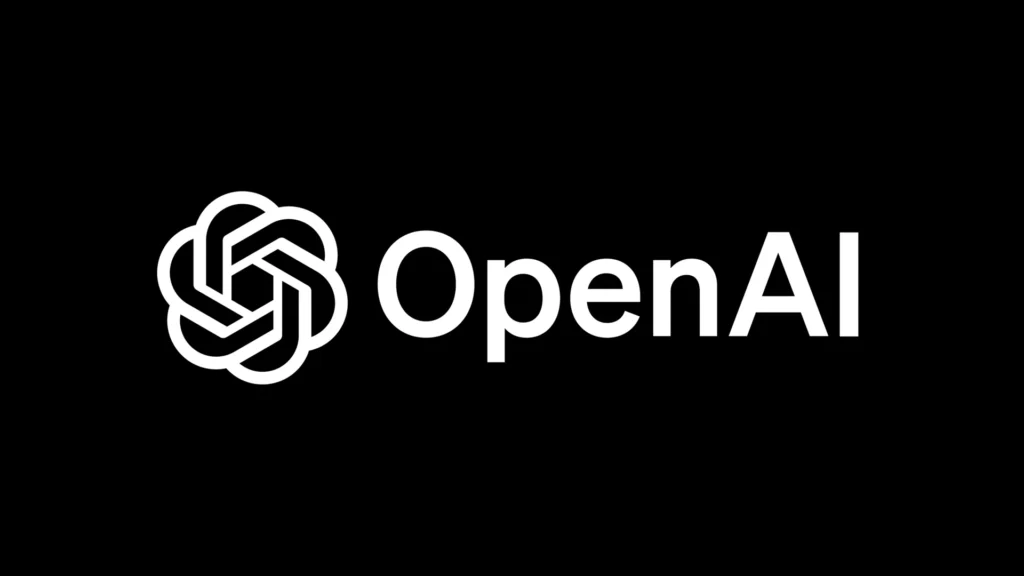OpenAI loses German copyright lawsuit over song lyrics reproduction
Germany’s GEMA case set a precedent against OpenAI, with judges ruling that reproducing even 15 words can breach copyright law under EU standards.

A Munich regional court has ruled that OpenAI infringed copyright in a landmark case brought by the German rights society GEMA. The court held OpenAI liable for reproducing and memorising copyrighted lyrics without authorisation, rejecting its claim to operate as a non-profit research institute.
The judgement found that OpenAI had violated copyright even in a 15-word passage, setting a low threshold for infringement. Additionally, the court dismissed arguments about accidental reproduction and technical errors, emphasising that both reproduction and memorisation require a licence.
It also denied OpenAI’s request for a grace period to make compliance changes, citing negligence.
Judges concluded that the company could not rely on proportionality defences, noting that licences were available and alternative AI models exist.
OpenAI’s claim that EU copyright law failed to foresee large language models was rejected, as the court reaffirmed that European law ensures a high level of protection for intellectual property.
The ruling marks a significant step for copyright enforcement in the age of generative AI and could shape future litigation across Europe. It also challenges technology companies to adapt their training and licensing practices to comply with existing legal frameworks.
Would you like to learn more about AI, tech and digital diplomacy? If so, ask our Diplo chatbot!
